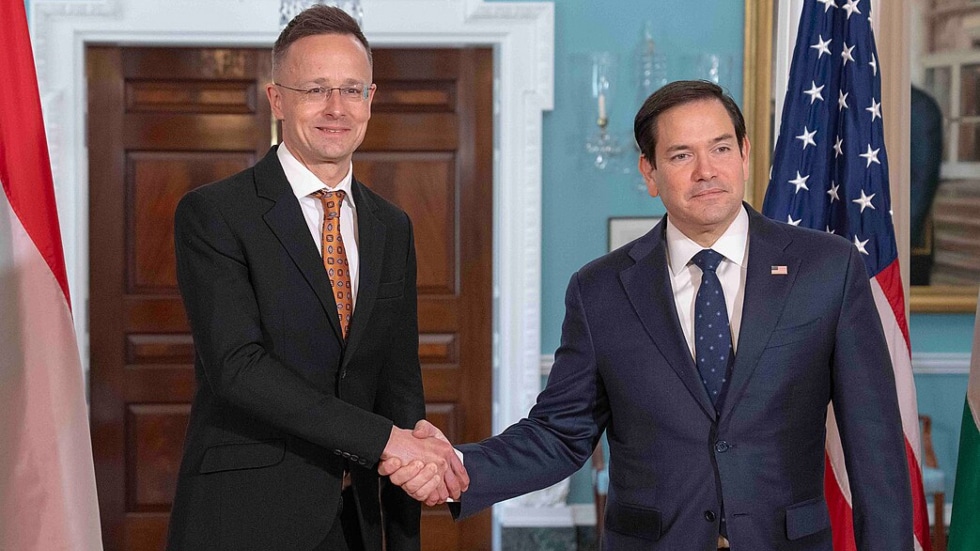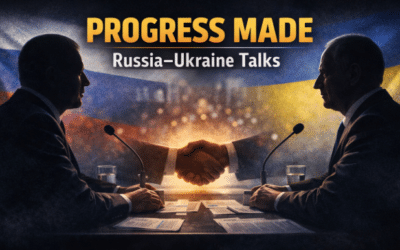A Ukrainian attack on the Druzhba pipeline caused a disruption in the flow of oil to Hungary, according to Budapest’s top diplomat.
“Ukraine has again attacked the petroleum pipeline to Hungary, resulting in the petroleum transportation to our country to a halt. Another attack against our energy security is outrageous and unacceptable!” Hungarian Foreign Minister Peter Szijjarto wrote on Facebook.
In March, a Ukrainian drone attack on the Druzhba pipeline caused it to be shut down for a short time. Hungary reported that it was unclear when the flow of oil will be restored after Monday’s attack. The oil flow to Slovakia was also halted.
One of the largest pipeline networks on earth, the Druzhba line begins in Russia and transports oil to Ukraine, Belarus, Hungary, Poland, the Czech Republic, Slovakia, and Germany. It stretches some 2,500 miles, and is connected to several other smaller lines in the Baltics and Eastern Europe.
Szijjarto directed his ire at NATO and Ukraine for the attack. “Brussels and Kiev have been trying to push Hungary into the war in Ukraine for three and a half years, and the increasing number of Ukrainian attacks against our energy security are aiming at this.” He continued, “So let’s be clear again: this is not our war, it’s none of our business, we want to stay out of it, and as long as we are in power, we will stay out of it!!”
He went on to threaten that Budapest could cut energy transfers to Kiev in response. “Finally, a reminder for Ukrainian decision-makers: electricity from Hungary plays a key role in Ukraine’s energy supply,” his post concluded.
Ukraine’s Foreign Minister Andrii Sybiha responded by saying the attack was justified because Budapest refuses to cut ties with Moscow. “Peter, it is Russia, not Ukraine, who began this war and refuses to end it. Hungary has been told for years that Moscow is an unreliable partner. Despite this, Hungary has made every effort to maintain its reliance on Russia,” he wrote on X. “Even after the full-scale war began. You can now send your complaints—and threats—to your friends in Moscow.”
Sybiha fired back, saying that oil transfers from Russia were in Hungary’s interest.
Hungarian Prime Minister Viktor Orbán has emerged as a notable opponent of the proxy war in Ukraine from within NATO and the EU. As the organizations require consensus for some actions, Budapest’s resistance to sanctioning Russia has frustrated some of its allies.
































